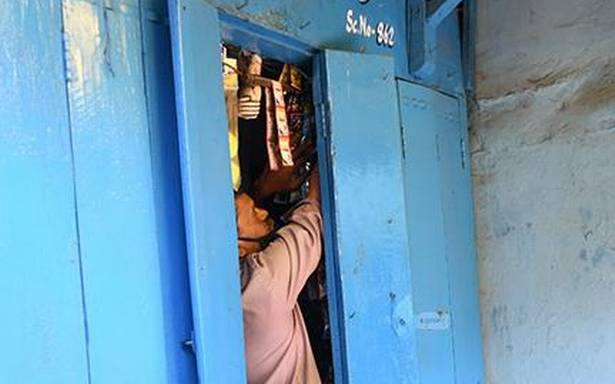‘Loan overdues are set to increase’
Collections of non-banking financial companies (NBFCs) have been adversely impacted due to widespread and more stringent lockdowns in May 2021, rating agency ICRA said.
“With 25-30% of collection through field operations, loan overdues are set to increase as regular collections and recoveries from overdues were impacted by the more extensive and stringent lockdowns implemented by various states during May 2021,” the rating agency said.
However, housing finance companies (HFCs), with a lower share of field collections, had been less impacted than the NBFCs, ICRA said.
Stating that NBFCs and HFCs felt the stress of the second wave COVID-19 lockdowns and movement restrictions, ICRA said the budding recovery in loan collections witnessed in the third and fourth quarters of FY21 had been stemmed.
“With most states implementing stricter lockdowns in the month of May 2021, collections efforts witnessed a major setback in May 2021, compounding the 5-10% (vis-a-vis March 2021) dip in collections reported by most of the players in April 2021,” the rating agency said.
“While restrictions imposed in April 2021 were largely in the second half of the month, which somewhat moderated the impact, in May 2021, most of the States tightened the lockdown implementation and it was also more widespread,” it added.
According to ICRA, about 50% of the non-bank assets under management is in Maharashtra, Karnataka, Kerala, Tamil Nadu and Uttar Pradesh —the top 5 States with high number of COVID-19 cases in the country.
“Non-banks with higher share of field-based collections are more adversely impacted; typically, entities focusing on borrowers with limited banking habits, rural borrowers and smaller loan tickets [non-digital loans] have a higher share of their collections from field operations,” said Manushree Saggar, sector-head, Financial Sector Ratings, ICRA Ltd.
“Also, entities resort to on-field collections to contain delayed payments and for recoveries from their overdue borrowers,” she added.
Source: Read Full Article

